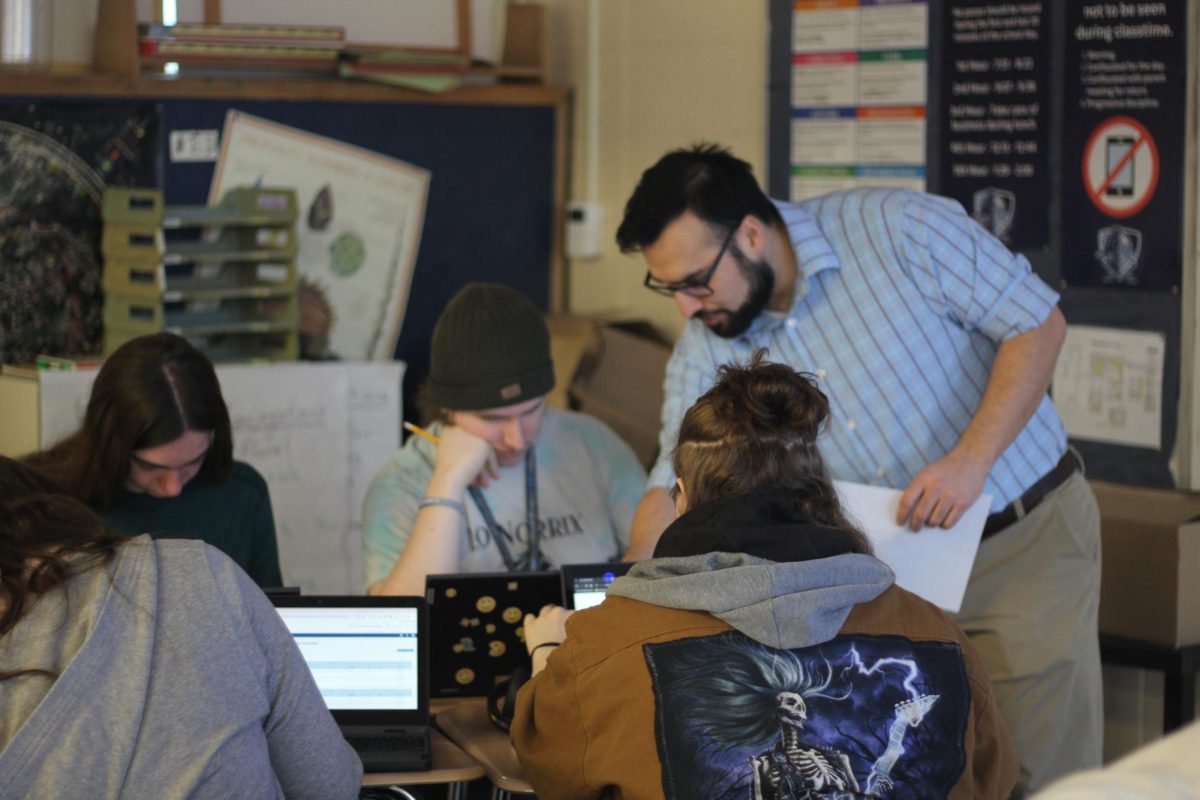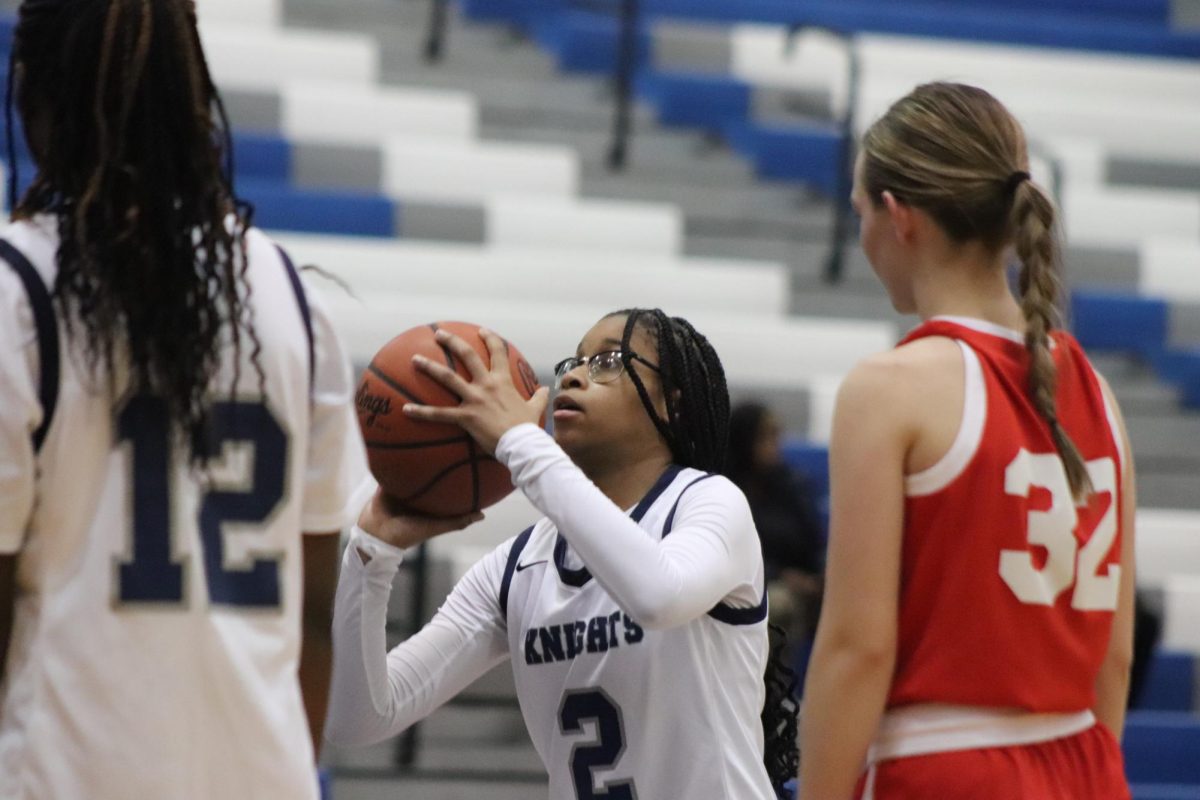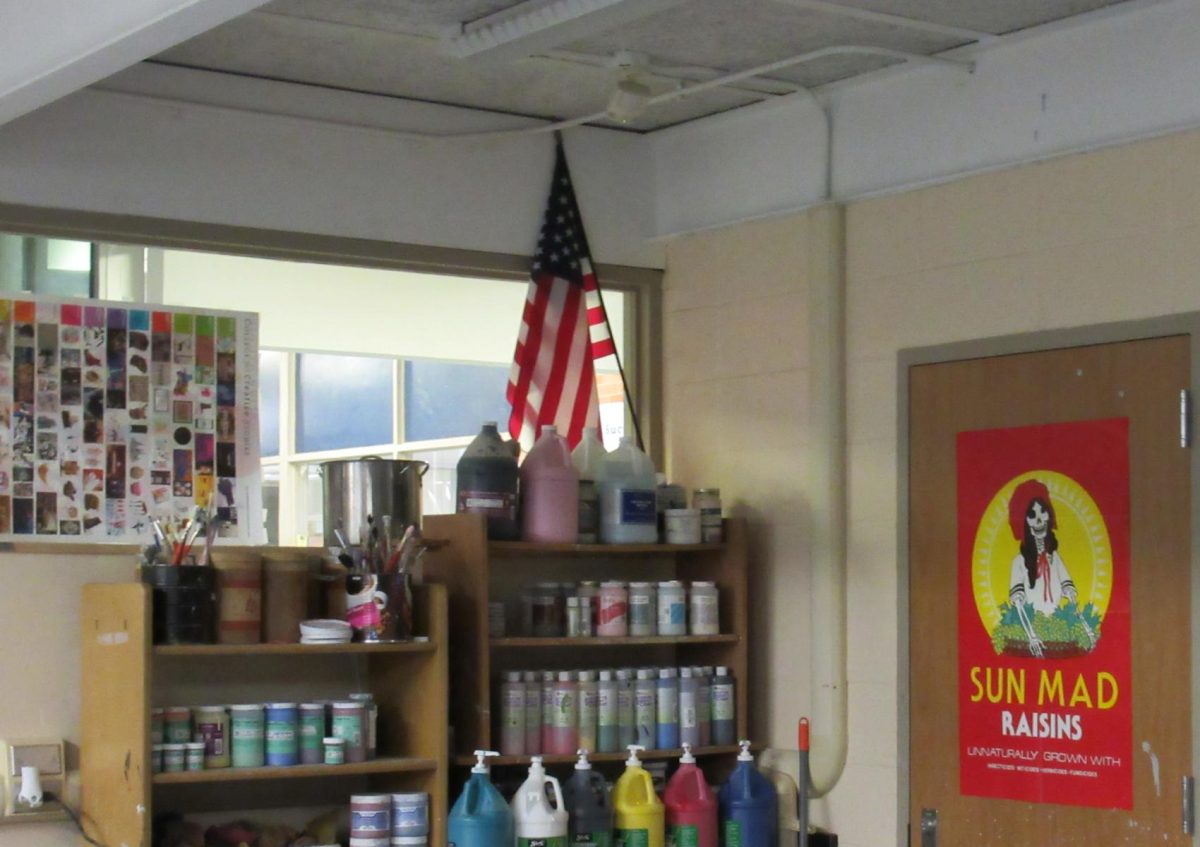 “Macbeth.” “The Great Gatsby.” “The Canterbury Tales.” For many students, the extensive repertoire of required reading in English courses can be somewhat off-putting. Generally, it is not the amount of reading assigned which inspires this reaction, but rather the genre. To be sure, classics are worthwhile forms of literature which should be celebrated for their ingenuity, but they are only a portion of the literary spectrum.
“Macbeth.” “The Great Gatsby.” “The Canterbury Tales.” For many students, the extensive repertoire of required reading in English courses can be somewhat off-putting. Generally, it is not the amount of reading assigned which inspires this reaction, but rather the genre. To be sure, classics are worthwhile forms of literature which should be celebrated for their ingenuity, but they are only a portion of the literary spectrum.
Filling up a syllabus with fantasy novels would be absurd, but refusing to acknowledge their literary attributes is just as backwards. In order to expose students to the widest breadth of literature possible, and encourage them to be life-long readers, schools should seriously consider making their collection of assigned readings more inclusive.
“I think that current reading curriculums in English classes heavily focus on classic literary pieces,” said senior Michael Steinman, a student in AP Literature and Composition.
Justification for this focus dwells in the vague term “literary merit.” As the definition of literary merit is the collective qualities of a work which contribute to its overall beauty, this term is incredibly subjective.
When asked what literary merit meant to her, English 11 teacher Tisha Pankop responded, “The piece should show cultural significance. It presents the highest level of writing. If you were at an hors d’oeuvres party with a bunch of English professors, they should be able to have a conversation about it.”
A quick glance at Loy Norrix’s English curricula reveals that the majority of required readings fall into the broad genre of realistic fiction. “Romeo and Juliet,” and “To Kill a Mockingbird” are great works of art, but they are not representative of literature as a whole.
In recent times, literature has become increasingly diversified, and many new genres have emerged. Fantasy and science fiction in particular have gained a following with authors such as Jules Verne and J.R.R. Tolkein. The “Lord of the Rings” trilogy by Tolkein, the “Chronicles of Narnia” by C.S. Lewis and “Journey to the Center of the Earth” by Verne are works of high caliber which receive very little recognition in classrooms.
Granted, a few works with fantastical elements such as “Beowulf” and “The Odyssey” are frequently taught in schools, but they only serve to represent a few stellar samples of archaic texts. More contemporary fictional literature includes a very expansive body of works which have their own set of virtues.
One of the reasons for the dearth of fantasy and science fiction novels in English courses is the time constraint posed by the school year. Not only is it difficult to present thousands of years of literature in four 24 week intervals, but oftentimes fantasy and science fiction novels can be somewhat extensive.
Of course, a major stumbling block that fantasy and science fiction face when making their way to curricula is controversial subject matter.
“It’s tricky because some groups of parents often reject these types of works,” Pankop said when asked why fantasy and science fiction is a rarity in high school classes.
Steinman is against the inclusion of fantasy novels in school coursework and said, “Many students are naturally drawn to these genres, so they can learn about them at home, and class time can be devoted to studying classic literature.”
While this may be the case on occasion, some students may avoid certain fantasy or science fiction novels, such as “Lord of the Rings,” due to their hefty length and dense diction. Additionally, many fantasy and science fiction novels have a treasure trove of content which lends itself to literary and rhetorical analysis. For example, well written sci-fi and fantasy novels can have just as many meaningful themes and symbolic nuances as the works of Shakespeare and Dickens.
Traditional literature may be able to more directly depict current social tensions, but it would be foolish to say that “Lord of the Rings” fails to provide a commentary on war and the Industrial Revolution in the abstract, or that its themes of temptation and redemption are underdeveloped.
Beyond thematic merits, fantasies such as “Harry Potter” and “The Chronicles of Narnia” are chock-full of symbols, allegories and allusions such as the Christ figure motif and references to the Arthurian myth. However, even more important than a book’s ability to be analyzed is its ability to tell a story. People are drawn to stories that tug at their emotions and take them on a journey. Those are the kind of stories that people love, and science fiction and fantasy are more than capable of achieving that.
Subscribe to the Newsletter

Lexi Tuley, Graphics Editor • April 24, 2024
It’s Monday morning. You’re sitting in your first hour on the brink of falling asleep. The teacher is droning on about geometry, and you...

Venelope Ortiz, Tower Talk Editor • April 19, 2024
The quiet corners of a teenager's room, where laughter once echoed freely, is now replaced by silent struggles that won't go away. A fight not...

Lizzy Garcia, Guest Writer • April 19, 2024
In life, a handful of people are faced with making the decision of moving. Whether it be moving for job or education opportunities, a move like...
The Classics aren’t the Only Books Worth Studying
October 1, 2014
Leave a Comment
More to Discover












